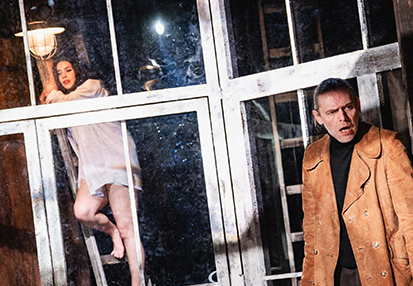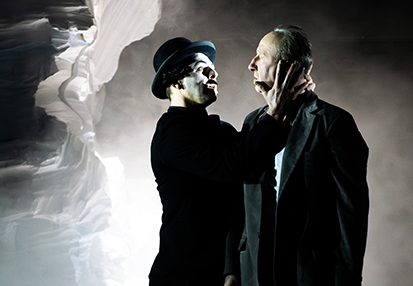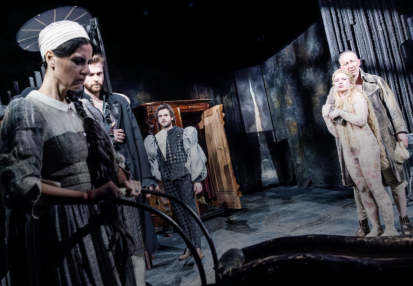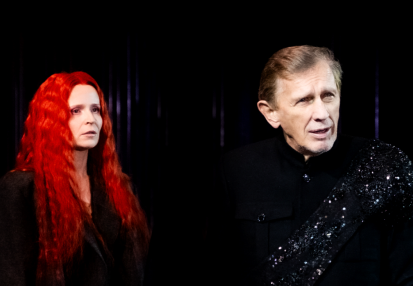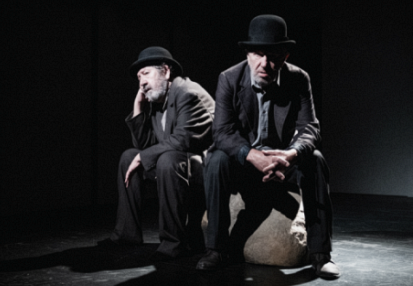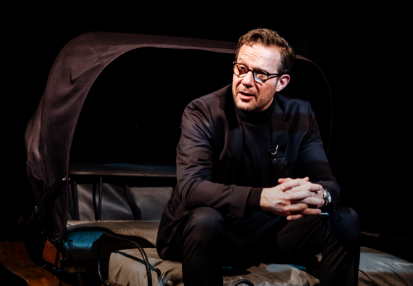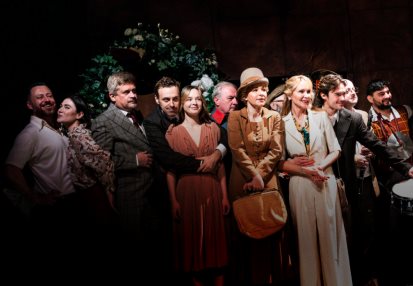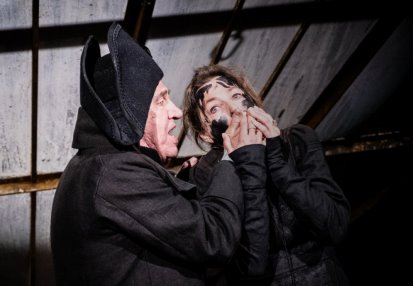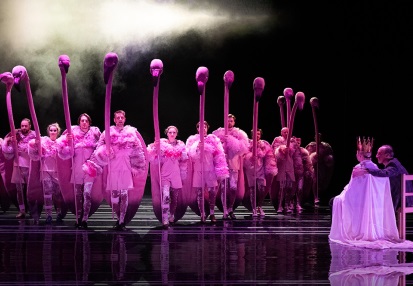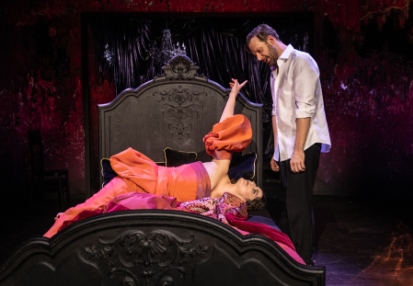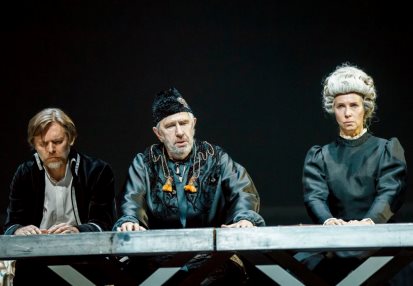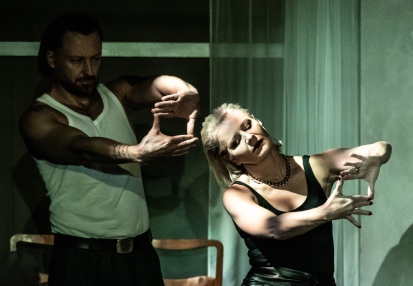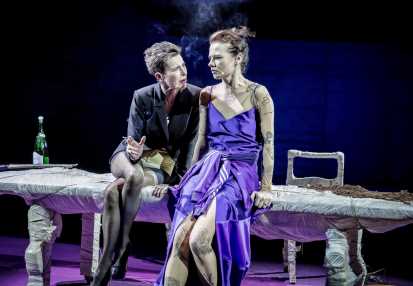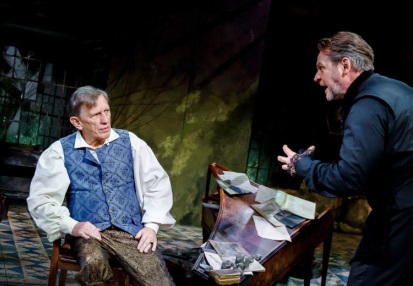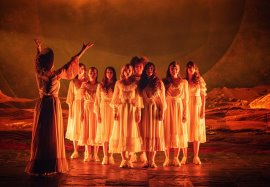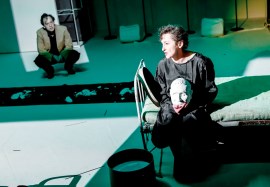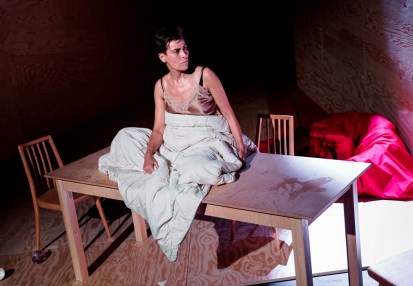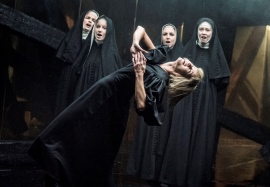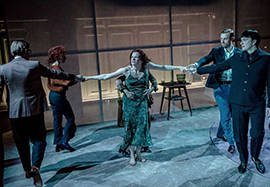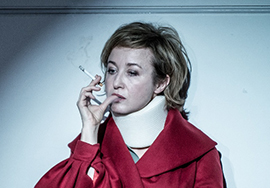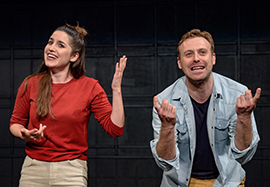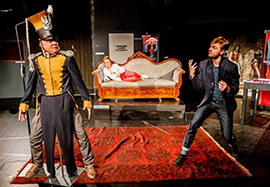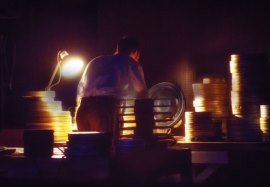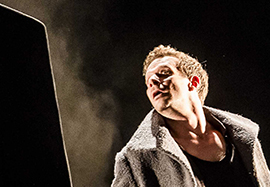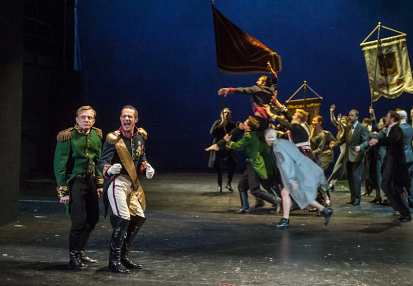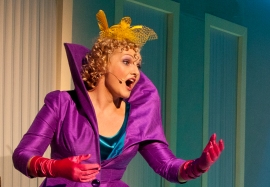Krzysztof Torończyk – Director
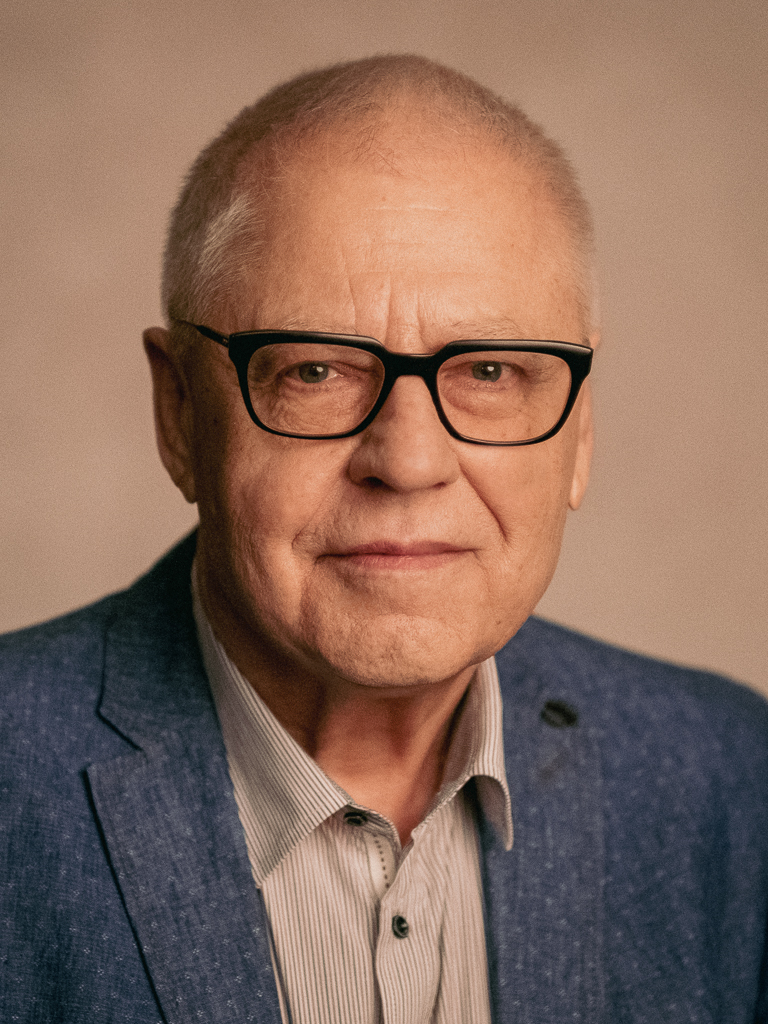
Fot. Marta Ankiersztejn / Archiwum Artystyczne Teatru Narodowego
Absolwent Wydziału Ekonomicznego Uniwersytetu im. Marii Skłodowskiej-Curie w Lublinie oraz studiów doktoranckich w dziedzinie matematycznych metod w ekonomii, zakończonych obroną pracy doktorskiej w roku 1978.
Na UMCS w Lublinie rozpoczął pracę zawodową jako asystent w zakładzie Teorii Organizacji i Zarządzania w Instytucie Ekonomii Produkcji (1972–1978).
W latach 1978–1992 pełnił funkcję zastępcy dyrektora w Państwowym Teatrze im. Juliusza Osterwy w Lublinie.
W styczniu 1995 roku rozpoczął pracę w Teatrze Wielkim–Operze Narodowej w Warszawie jako zastępca dyrektora ds. finansowych. Jednocześnie – od kwietnia 1995 roku był pełnomocnikiem Ministra Kultury i Sztuki ds. przeprowadzenia procesu połączeniowego i utworzenia instytucji kultury pod nazwą TEATR NARODOWY w Warszawie. Od stycznia 1996 do kwietnia 1998 roku pracował na stanowisku dyrektora zarządzającego Teatru Narodowego, obejmującego wówczas sceny operową i teatralną. Opracował strukturę administracyjną, finansową oraz zasady organizacji pracy dla zespołu liczącego ok. 1500 osób. Podejmował rozmowy ze sponsorami, pozyskując tym samym środki pozabudżetowe, które pozwoliły na realizację wielu przedsięwzięć artystycznych liczących się w międzynarodowej wymianie kulturalnej.
Z chwilą podjęcia decyzji o rozdzieleniu Teatru Narodowego na dwie odrębne instytucje kultury: Teatr Wielki–Operę Narodową i Teatr Narodowy, zorganizował od podstaw nowo powstały Teatr Narodowy w zakresie strukturalnym, kadrowym i ekonomiczno-finansowym dla potrzeb samodzielnego funkcjonowania. Od kwietnia 1998 roku został powołany na stanowisko pełniącego obowiązki dyrektora naczelnego, a następnie od września 1998 roku na stanowisko dyrektora naczelnego Teatru Narodowego, które pełni do chwili obecnej.
W roku 2000, na prośbę władz samorządowych województwa lubelskiego, objął równocześnie stanowisko dyrektora naczelnego Teatru im. Juliusza Osterwy w Lublinie z zadaniem odbudowania prestiżu artystycznego tej zasłużonej sceny, jej kondycji ekonomiczno-finansowej oraz stworzenia warunków dla odbudowy zabytkowej siedziby teatru. Funkcję tę pełnił do 2016 roku.
Współpracował przy powołaniu Unii Polskich Teatrów i uczestniczył w pracach zespołu tworzącego dokumenty regulujące zasady jej działania i przez wiele lat był wiceprezesem tej organizacji.
Od października 2003 roku prowadził wykłady w Akademii Teatralnej na Wydziale Reżyserii; a od 2010 wykładał również na Wydziale Wiedzy o Teatrze.
Należy do Kapituły Zasłużonych członków Związku Artystów Scen Polskich. Był przewodniczącym Głównej Komisji Rewizyjnej za prezesury Kazimierza Dejmka (1988) i Andrzeja Łapickiego (1989–1990).
Odznaczony Srebrnym i Złotym Krzyżem Zasługi oraz Krzyżem Kawalerskim Orderu Odrodzenia Polski i Krzyżem Oficerskim Orderu Odrodzenia Polski. Został również uhonorowany przez Ministra Kultury Srebrnym Medalem Zasłużony Kulturze – Gloria Artis oraz odznaką „Zasłużony dla Kultury Polskiej”.


